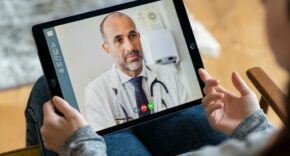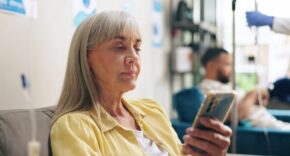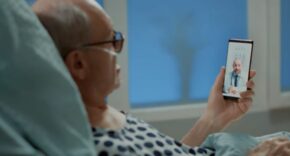
ORCHA (the Organisation for the Review of Care and Health Applications) reports an explosion in the adoption of digital healthcare since the outbreak of the coronavirus pandemic. Since COVID-19 arrived, there has been a 25% rise in health app downloads, up from four to five million every day.
It’s latest report, published this week (COVID-19: DIGITAL HEALTH TRENDS), provides 15 months of app search and download data, which begins prior to lockdown measures.
Key findings of the report:
- Downloads of apps supporting consumers with mental health needs increased by nearly 200% from summer 2019 to summer 2020.
- Downloads of those supporting consumers with diets and weight loss rose by a massive 1294% from mid-2019 to mid-2020.
- And downloads of apps helping consumers manage their diabetes rose by 482%.
The most downloaded apps were:
- Wysa (to help with stress and anxiety)
- NHS Weight Loss Plan
- Smoke Free
- Low Carb Programme
- Lincus Companion (a health and weight loss programme).
Founding CEO of ORCHA, Liz Ashall-Payne, said: “Covid-19 has seen a massive upsurge in the use of health apps. Using our ORCHA app libraries, thousands of GPs and health teams are now recommending apps – more than ever before. And with the health and care sector under such pressure, consumers are reaching for their phones to find independent support.”
The report predicts that in 2021, with lockdown still a part of our daily lives, new sectors will discover the merits of digital healthcare: maternity and women’s health services, cancer, cardiovascular and stroke services.
Liz Ashall-Payne said: “With NICE having introduced guidance on digital health, 2021 will be the year when health and care staff embrace the full potential of apps – and it goes way beyond video conferencing. We will start to see digital approaches being integrated into care pathways. For example, an app like FibriCheck will allow patients to check their heart rhythms, using a medically certified system. They’ll be able to detect arrhythmias and avoid complications like stroke.
“Another example, Vinehealth, which is approved by the NHS, helps cancer patients understand their treatment – and evidence shows that this leads to less emergency room visits.”











